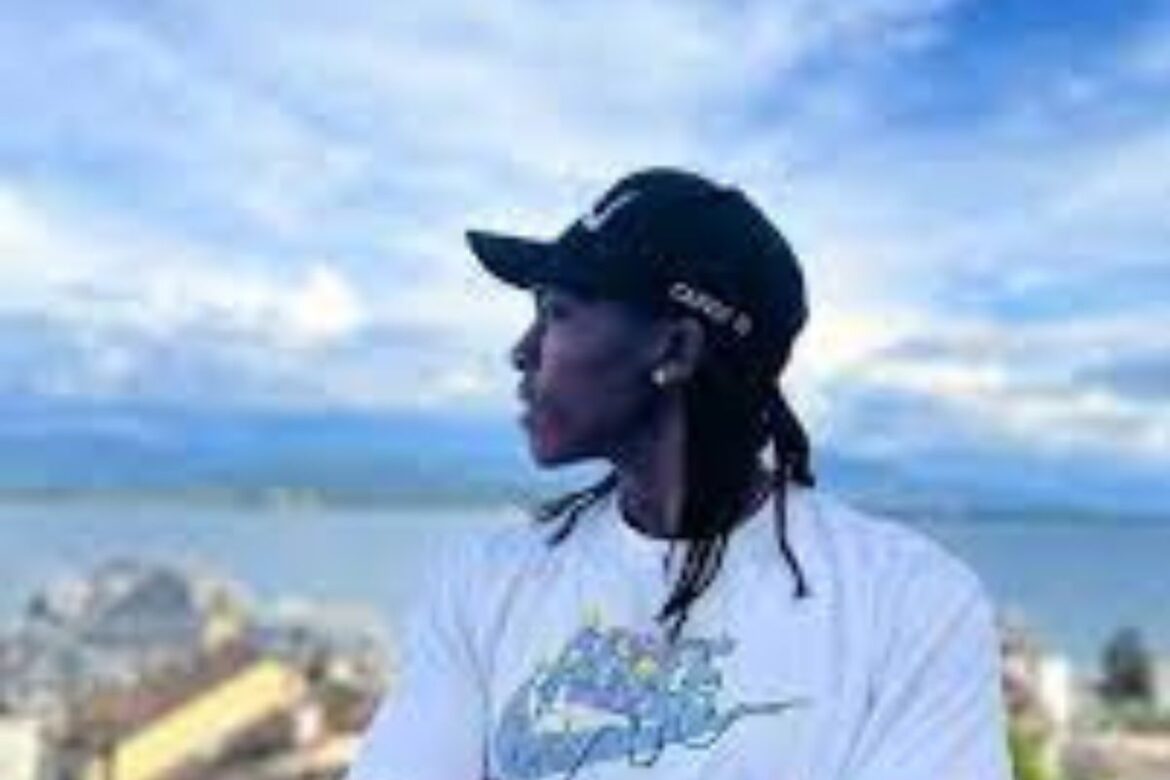South African running star and Olympic gold medalist, Caster Semenya, spoke candidly about the intense scrutiny and gender-based controversy she has faced since 2009.
The middle-distance runner shared her personal experience during a keynote address at the Commonwealth Legal Education Association (CLEA) Conference held at the University of KwaZulu-Natal (UKZN) on 26 September.
Semenya, known worldwide for her incredible athletic achievements, became the center of public and media debate not only for her gold-medal performances but also for speculation surrounding her gender.
The Pressure of Gender Testing and Public Scrutiny
Her rise to fame was accompanied by calls from the athletics community for gender testing, prompted by unusually high testosterone levels revealed in routine athlete screenings.
Her record-breaking 800m run at the 2009 World Athletics Championship in Berlin intensified these debates, with critics questioning her eligibility to compete as a woman.
At the CLEA conference, Semenya confirmed that she considered this scrutiny a personal attack.
“It was definitely a personal attack. I often say that when you do good, people will often have an opinion.
As a woman, it’s a disgrace for a man to have the right to decide how women should be,” she explained.
She reflected on how the case was framed publicly, referring to it as “the Caster Semenya case,” and criticized the way the issue was handled behind closed doors, in print, and across social media.
A Personal Battle and a Lesson in Leadership
Semenya emphasized that direct communication from athletics authorities would have been preferable, rather than being sidelined or excluded.
She sees her experience as an enduring personal attack but also a source of personal growth.
“The lesson I learned is about being a better leader and treating others the way I would want to be treated,” she said.
From an early age, Semenya recognized that she was different.
She described her childhood as full of adventures—playing rough games, exploring the bush, and embracing her identity.
These early experiences, she said, shaped the resilient and powerful person she is today.
A Global South Perspective
Semenya highlighted a broader context, framing the controversy as a clash between European athletics authorities and athletes from the global south. She expressed disappointment at the lack of support from African leaders, arguing that silence on these issues leaves women vulnerable to discriminatory treatment.
“We come from a century where women were often deemed incompetent in sports or business.
Allowing individuals to attack women simply for being different is a problem, and I will always consider this a personal attack,” she said.
She criticized organizations like the IAAF for trying to dictate how women should look or perform, calling such interventions both unfair and unnatural.
Recognition for Her Courage
Professor David McQuoid-Mason, a UKZN academic, praised Semenya’s bravery in challenging athletics regulators.
He described her as a courageous advocate for women’s rights and equality, highlighting her role in standing up against systemic discrimination in sports.
Semenya’s story continues to resonate as she navigates a path defined by both remarkable athletic success and the fight against personal and institutional prejudice.
